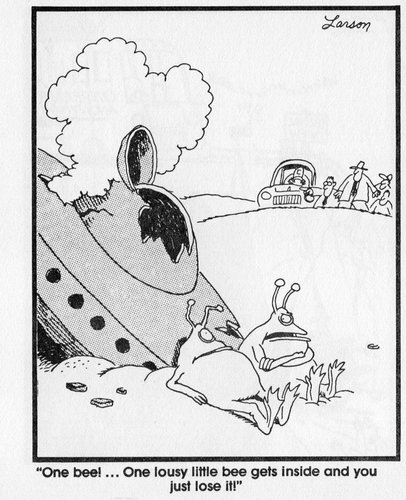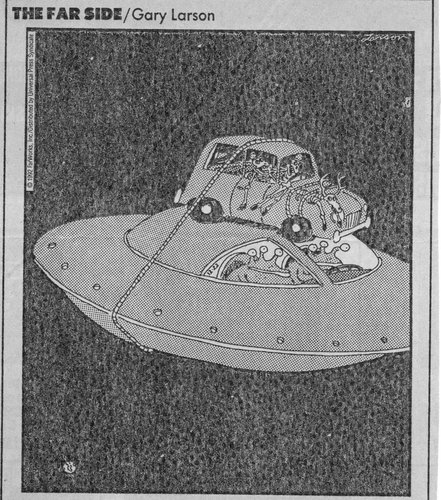Seems there is a lot of confusion between life and sentient life.
The universe could be teeming with life, except that life might be very much like Earth animals. Lions, monkeys, dolphins, skids... whatever. They can't communicate at interstellar scales, for sure. Still their planet would be worth exploring.
I never was truly convinced by CETI / SETI whatever. If there are 400 billion stars in the Mily way of which 50% have planets with life, then that's 200 billion inhabited planets to explore. Even if none of these lifeforms can CETI (that is, communicating / sentient life) that's still worth the exploration...
In the grand schemes of "is there life outside Earth ?" to me it would already awesome to
a) find extremophiles / bugs / viruses somewhere (inside or outside the solar system) - even if bugs are boring, at least they are extremely resilient to the harshness of space.
b) find exoplanets teeming with lifeforms even animals or plants we can't communicate with
Obviously c) - SETI / CETI succeeding - would be awesome, but to me it is just icing on the cake.
Incidentally, even if we found a civilization just as our level or tech, we might be unable to understand their language. If they are far more advanced than us, we are toast (hint, 2001, hint, Denis Villeneuve 2016 movie - Arrival )
........
As for the damn Fermi paradox... give me a break.
What is the "Fermi paradox" answer to "dolphins are intelligent species, but not to the point of interstellar communication ?"
I mean, there might 1 billion exoplanets out there, with oceans packed full with dolphins, and yet not a single one would be able to CETI. And still, they would prove Fermi wrong, since, well, they are out there, so we are not alone.

 phys.org
phys.org





















